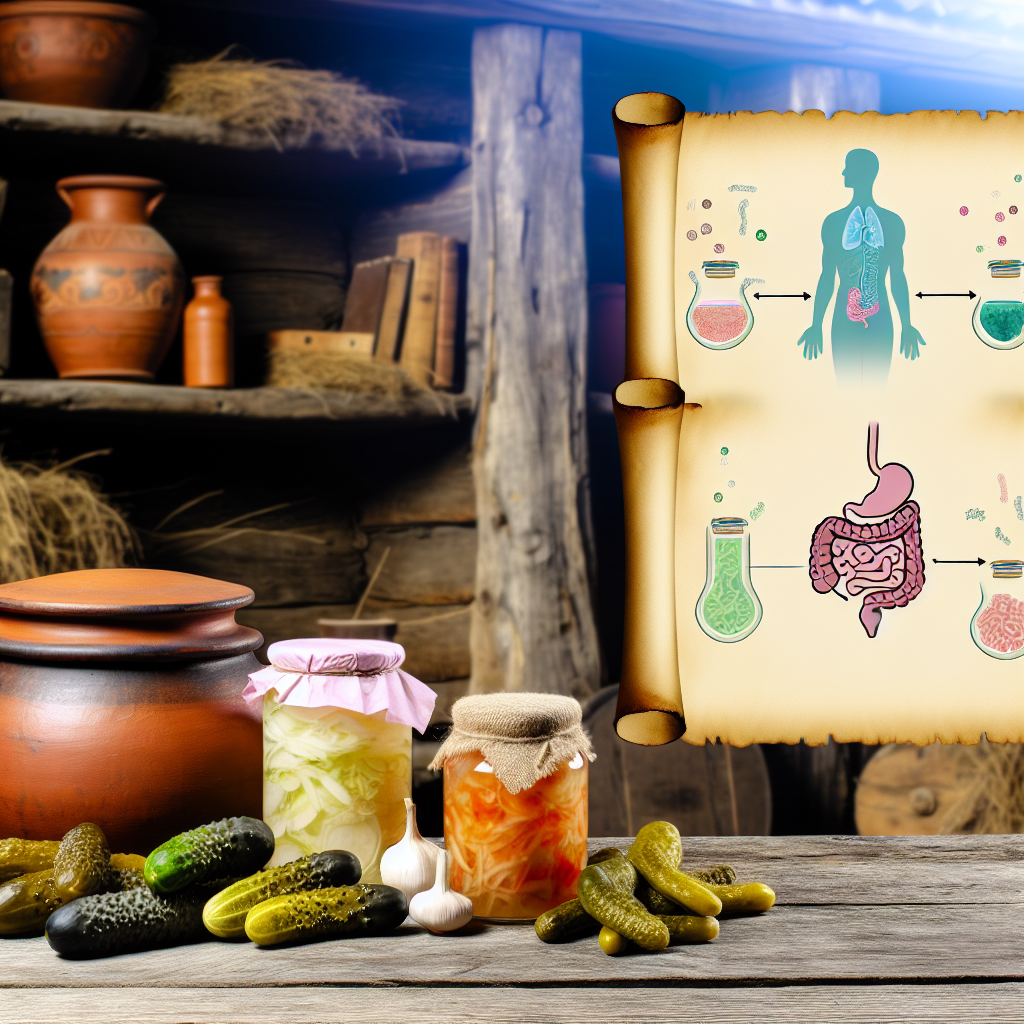Natural Fertility Treatments: Success Rates
Introduction
Fertility challenges affect millions of couples worldwide. While conventional medicine offers treatments like in-vitro fertilization (IVF), intrauterine insemination (IUI), and fertility medications, many people seek natural alternatives that align with their lifestyles and beliefs. Natural fertility treatments, including herbal remedies, homeopathic solutions, and holistic therapies, aim to enhance reproductive health and improve the chances of conception without the risks and costs of medical interventions.
One reason individuals turn to natural fertility treatments is their focus on addressing root causes. Issues like hormonal imbalances, poor egg quality, irregular ovulation, and sperm motility problems can often be improved through dietary changes, supplements, and lifestyle modifications. Acupuncture, herbal medicine, fertility-focused nutrition, and stress management techniques are gaining popularity, with increasing scientific support.
Ancient healing systems like Traditional Chinese Medicine (TCM) and Ayurveda have long recognized the link between reproductive health and overall well-being. Modern research supports the idea that herbs, vitamins, and holistic therapies can enhance fertility.
But how effective are natural fertility treatments? Success rates vary based on individual health conditions, the chosen remedy, and consistency in use. Some studies and anecdotal evidence suggest that natural fertility methods are highly beneficial, particularly for couples with unexplained infertility or mild reproductive health issues. Others may use natural treatments alongside medical options to enhance effectiveness.
This article examines scientific research, expert insights, and real-life experiences to understand the success rates of natural fertility treatments.
The Science Behind Natural Fertility: What Research Says
Scientific studies provide valuable insights into the impact of natural fertility treatments. Many highlight the importance of nutrition, supplements, herbal medicine, and alternative therapies in improving reproductive success rates.
How Diet and Nutrition Boost Fertility
Nutritional science plays a critical role in fertility support. A study published in Fertility and Sterility found that a Mediterranean-style diet—rich in antioxidants, healthy fats, and vitamins—was linked to higher conception rates in both men and women. Essential nutrients like folate, vitamin D, zinc, and omega-3 fatty acids support hormone production, ovulation, and sperm health.
A review in Advances in Nutrition revealed that women consuming high-fiber, plant-based, and antioxidant-rich diets had improved ovulation and egg quality. Additionally, men who consumed high amounts of zinc and vitamin C saw significant improvements in sperm motility and count.
Diet is a powerful tool in fertility enhancement, reinforcing the importance of proper nutrition for reproductive success.
Herbal Medicine: Nature’s Solution for Fertility
Herbal medicine has been used for centuries to support reproductive health. A systematic review in BMC Complementary Medicine and Therapies analyzed herbal supplements’ effects on female fertility and found that certain herbs—like vitex (chasteberry), maca root, and ashwagandha—help regulate hormones and improve ovulation.
– **Vitex (Chasteberry):** Helps balance progesterone and regulate menstrual cycles.
– **Maca Root:** Enhances libido and sperm health, supporting fertility in both men and women.
– **Ashwagandha:** Reduces stress and supports hormonal health, improving fertility outcomes.
Herbal treatments offer a natural way to strengthen reproductive health and boost conception chances.
Acupuncture and Fertility: Can It Improve Success Rates?
Acupuncture is a widely recognized holistic therapy for fertility enhancement. A study in the Journal of Integrative Medicine concluded that acupuncture significantly improved ovulation frequency in women with polycystic ovary syndrome (PCOS), a leading cause of infertility.
Additionally, acupuncture is frequently used alongside IVF to boost implantation rates and reduce stress—both of which impact fertility. A meta-analysis in Trials Journal reviewing multiple acupuncture studies found increased pregnancy rates among couples undergoing fertility treatments while receiving acupuncture.
With its ability to regulate hormones, increase blood circulation to reproductive organs, and reduce anxiety, acupuncture is a promising natural fertility method.
Stress and Fertility: The Mind-Body Connection
Chronic stress is one of the most underestimated factors affecting fertility. A study in Human Reproduction found that women with elevated cortisol levels experienced irregular ovulation and reduced conception rates.
Mind-body practices such as:
– **Meditation**
– **Yoga**
– **Breathing exercises**
– **Mindfulness**
can lower stress, balance hormones, and enhance reproductive health. Reducing stress is a critical aspect of improving fertility outcomes.
Conclusion: Can Natural Treatments Really Improve Fertility?
Natural fertility treatments offer a safe, holistic, and often effective approach for couples struggling to conceive. By integrating diet, herbs, acupuncture, and stress management, many individuals have successfully boosted their fertility without invasive medical procedures.
While scientific research supports many of these natural methods, success varies based on factors like age, lifestyle, and underlying health conditions. Some couples may require medical interventions, but natural treatments can serve as valuable standalone solutions or complementary therapies.
To maximize success, consulting a naturopath, fertility specialist, or holistic practitioner is advisable to tailor treatments to individual needs.
With growing scientific backing, natural fertility treatments continue to gain traction as viable alternatives for improving reproductive health and increasing conception chances.
References
1. PubMed, Fertility & Sterility
2. Advances in Nutrition
3. BMC Complementary Medicine and Therapies
4. Journal of Integrative Medicine
5. Trials Journal
6. Human Reproduction
Concise Summary:
Natural fertility treatments, including herbal remedies, acupuncture, and stress management techniques, offer a safe and effective approach for couples struggling to conceive. Scientific research supports the use of these methods in improving reproductive health, balancing hormones, and enhancing fertility success rates, particularly for those with mild infertility issues or unexplained infertility. By addressing root causes and integrating holistic practices, natural fertility treatments continue to gain traction as viable alternatives or complementary therapies to conventional medical interventions.

Dominic E. is a passionate filmmaker navigating the exciting intersection of art and science. By day, he delves into the complexities of the human body as a full-time medical writer, meticulously translating intricate medical concepts into accessible and engaging narratives. By night, he explores the boundless realm of cinematic storytelling, crafting narratives that evoke emotion and challenge perspectives.
Film Student and Full-time Medical Writer for ContentVendor.com




